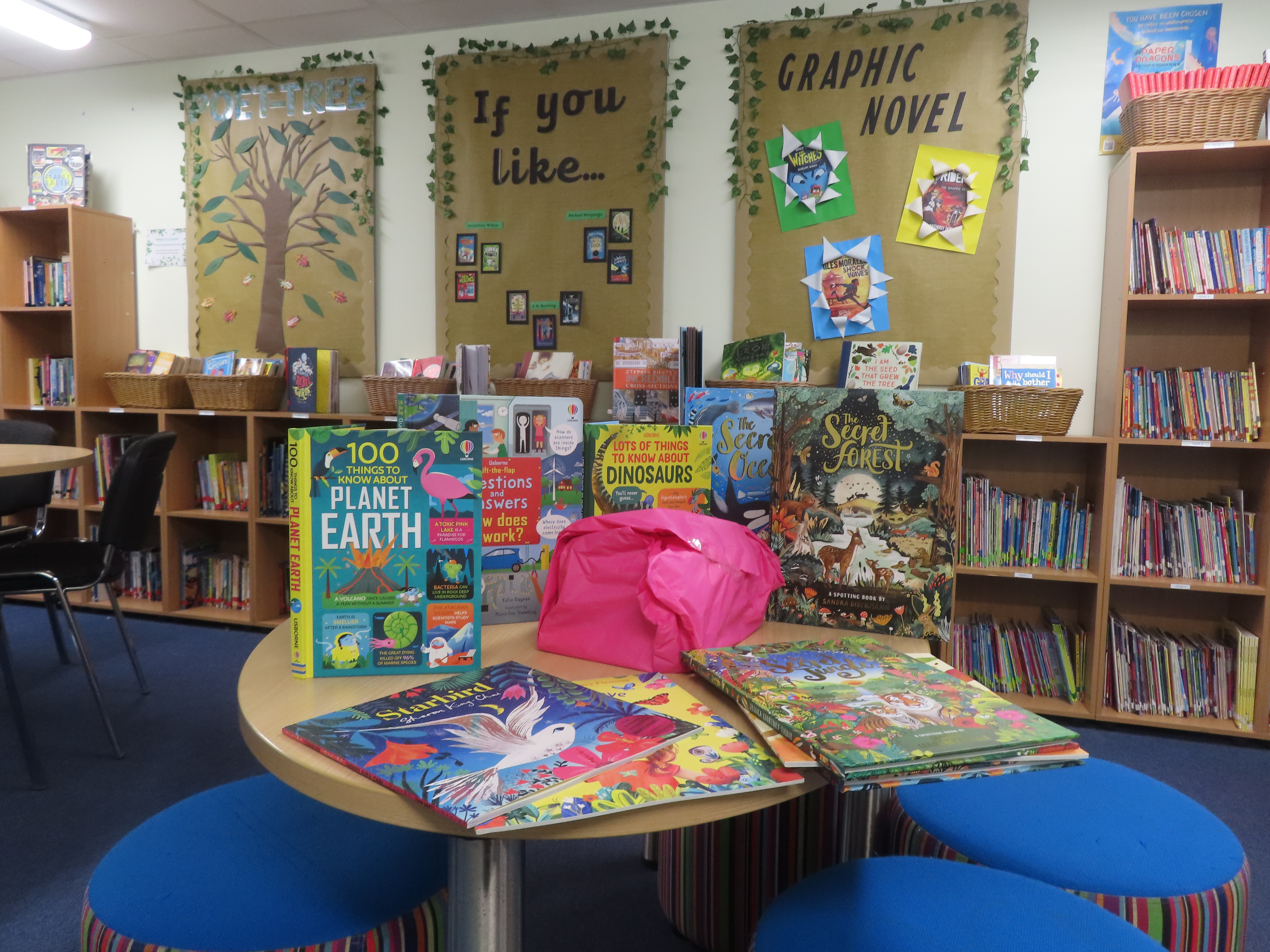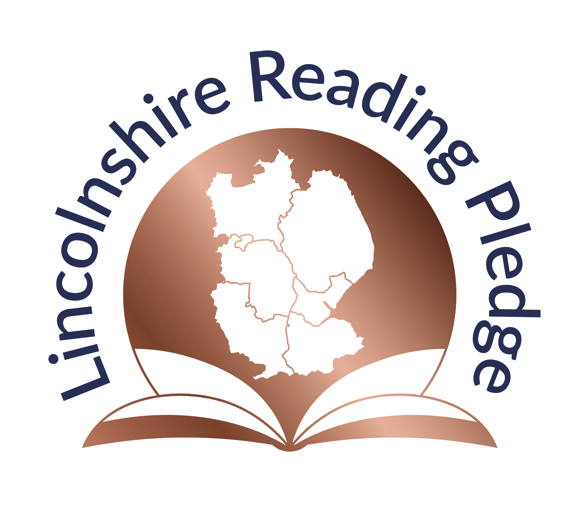

At our school, we believe a high-quality English curriculum should cultivate a deep love and enthusiasm for reading, writing, and oracy in every child.
We strive to provide all children with the opportunity to explore the magical worlds that books unlock, inspiring an appreciation for the richness and diversity of our literary heritage. By fostering a habit of reading widely and frequently, we aim to nurture cultural, emotional, intellectual, social, and spiritual growth.
Reading is the golden thread that sits at the heart of our curriculum, connecting everything that we do. We are dedicated to teaching children to become confident, fluent readers who carry a lifelong passion for books and the joy of reading.
Through reading, children not only gain knowledge but also build on what they already know, empowering them to grow as learners. Additionally, we aim to inspire confidence in speaking and listening, encouraging meaningful discussions to deepen understanding and enrich their educational journey.
To read about our Reading Curriculum click here
Author Interview: Luke Temple Visits Waddington All Saints
Year Group Recommended Reads